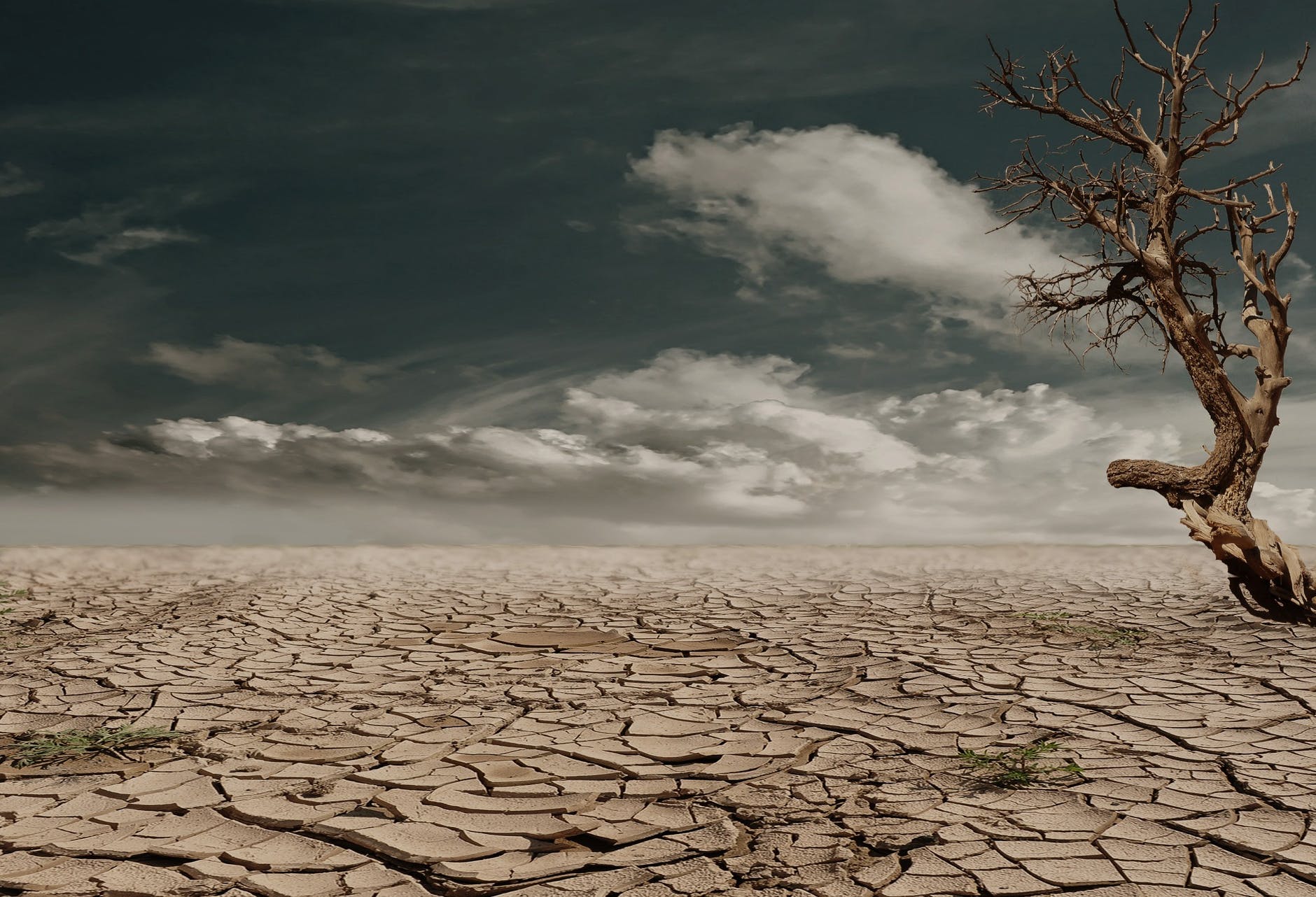
Green.org sat down with Wake Smith, a lecturer at Yale College, where he teaches what is understood to be the world’s first undergraduate survey course on climate engineering. Smith also conducts research on the practical aspects of solar geo-engineering deployment, including aerosol lofting tactics, financing requirements, and organizational structure. Smith shares his insight with us on what to expect after the world reaches net zero emissions.
Tell us a little bit about you and your background:
As a lecturer at Yale University, I teach a world-leading undergraduate course on climate intervention, the syllabus of which forms the basis of my book. My book is scheduled to be published this year by Cambridge University Press. I am also a Senior Fellow at the Mossavar-Rahmani Center for Business and Government at Harvard Kennedy School, writing scholarly articles on the aeronautics, costs, and governance of solar geo-engineering. Prior to my academic career, I served in several executive roles in the commercial aviation industry, including as the President of the flight training division of Boeing and the COO of Atlas Air. I am a proud graduate of Yale College and Harvard Business School.
What is a fun fact about you?
I’ll share a few:
I’ve had a 30+ year career in aviation and aviation finance. I was President of the flight training division of Boeing. I was COO of Atlas Air Worldwide Holdings (global cargo airline) and CEO of Pemco World Air Services (aircraft maintenance/modification provider).
Why do you think climate change and sustainability is such an important topic today?
The public discourse around climate change remains fixated on reaching net zero carbon emissions, however net zero is only the beginning. Unless we do so unexpectedly quickly, reaching net zero emissions will not be the end of the climate struggle, but only the end of the beginning. For centuries thereafter, temperatures will remain elevated; climate damages will continue to accrue, and sea levels will continue to rise. Even the urgent and utterly essential task of reaching net zero cannot be achieved rapidly by emissions reductions alone. To hasten net zero and minimize climate damages thereafter, we will also need massive carbon removal and storage. We may even need to reduce incoming solar radiation in order to lower unacceptably high temperatures. Such unproven and potentially risky climate interventions raise mind-blowing questions of governance and ethics.
What do you envision your industry looking like 10 years from now?
Geoengineering will become more prominent by necessity
What can the average person do to make a difference?
Educate themselves and reach out to politicians to fund programs that will invest in sustainable solutions to decarbonize.
Green Success Stories is a television show, podcast, social media, and news platform, hosted by Dylan Welch, that highlights climate change scientists, renewable energy experts, and clean tech entrepreneurs by giving them a voice in the mainstream media. The Green podcast highlights leading experts in cleantech, sustainability, media, finance, and real estate. Tune in and subscribe to the podcast on Apple or Spotify to listen to interviews with leading cleantech and sustainable experts. If you are interested in being featured on Green, click HERE.